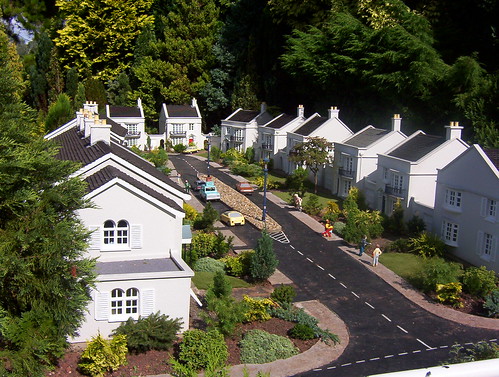When we think about our basic needs, creating a secure year-round food supply rises to the top. While our Federal Government supplied billions of dollars to support the crumbling financial system and auto industry, we see a much more critical need to direct funds to help Americans grow food close to where they live. We see American food security as a critical need that requires our best thinkers and attention. to bring back farming close to where we live and to make food production economically viable.
As you may know, most of your food currently travels thousands of miles to reach your local market. With increasing oil prices coupled with unpredictable and more intense weather patterns draught and crop failure may become more common. It may not be that far in the future when one goes to the grocery store to see more expensive food items and empty spaces on the shelves.
Over the next two weeks we will be preparing a grant to submit to the United States Department of Agriculture (USDA). This new USDA Planning Grant is designed to fund special events to bring together diverse groups of experts to help solve a regional or national problem. We are focusing on assembling a group of individuals with expertise in solar greenhouse design and manufacturing, renewable energy production, compost manufacturing, seed production, urban agriculture, agricultural economy, and land planning and zoning. Our goal is to convene a focused gathering in 2010 to develop a plan for national implementation to create an economically viable and biologically secure year-round urban food growing and distribution system.
As many of you know, we are experienced meeting planners, having put together over a dozen regional and national meetings for the cohousing industry since 1992. We have already contacted a number of national experts in the areas mentioned above who have agreed to participate if we are awarded the grant to focus on solutions for year round urban farming.
Since this USDA planning grant is based on matching funds, the USDA will match dollar for dollar actual funds raised or presenters contributing their time as an in-kind donation. Matching funds need to be in place at the time of the grant submittal by January 14, 2010. We welcome your input on individuals, companies and organizations you think would wish to participate in this meeting either as a presenter or as a donor. If you have ideas, please contact us as soon as possible. We will continue to post updated material about the USDA Planning Grant on our website.
As you may know, most of your food currently travels thousands of miles to reach your local market. With increasing oil prices coupled with unpredictable and more intense weather patterns draught and crop failure may become more common. It may not be that far in the future when one goes to the grocery store to see more expensive food items and empty spaces on the shelves.
Over the next two weeks we will be preparing a grant to submit to the United States Department of Agriculture (USDA). This new USDA Planning Grant is designed to fund special events to bring together diverse groups of experts to help solve a regional or national problem. We are focusing on assembling a group of individuals with expertise in solar greenhouse design and manufacturing, renewable energy production, compost manufacturing, seed production, urban agriculture, agricultural economy, and land planning and zoning. Our goal is to convene a focused gathering in 2010 to develop a plan for national implementation to create an economically viable and biologically secure year-round urban food growing and distribution system.
As many of you know, we are experienced meeting planners, having put together over a dozen regional and national meetings for the cohousing industry since 1992. We have already contacted a number of national experts in the areas mentioned above who have agreed to participate if we are awarded the grant to focus on solutions for year round urban farming.
Since this USDA planning grant is based on matching funds, the USDA will match dollar for dollar actual funds raised or presenters contributing their time as an in-kind donation. Matching funds need to be in place at the time of the grant submittal by January 14, 2010. We welcome your input on individuals, companies and organizations you think would wish to participate in this meeting either as a presenter or as a donor. If you have ideas, please contact us as soon as possible. We will continue to post updated material about the USDA Planning Grant on our website.




